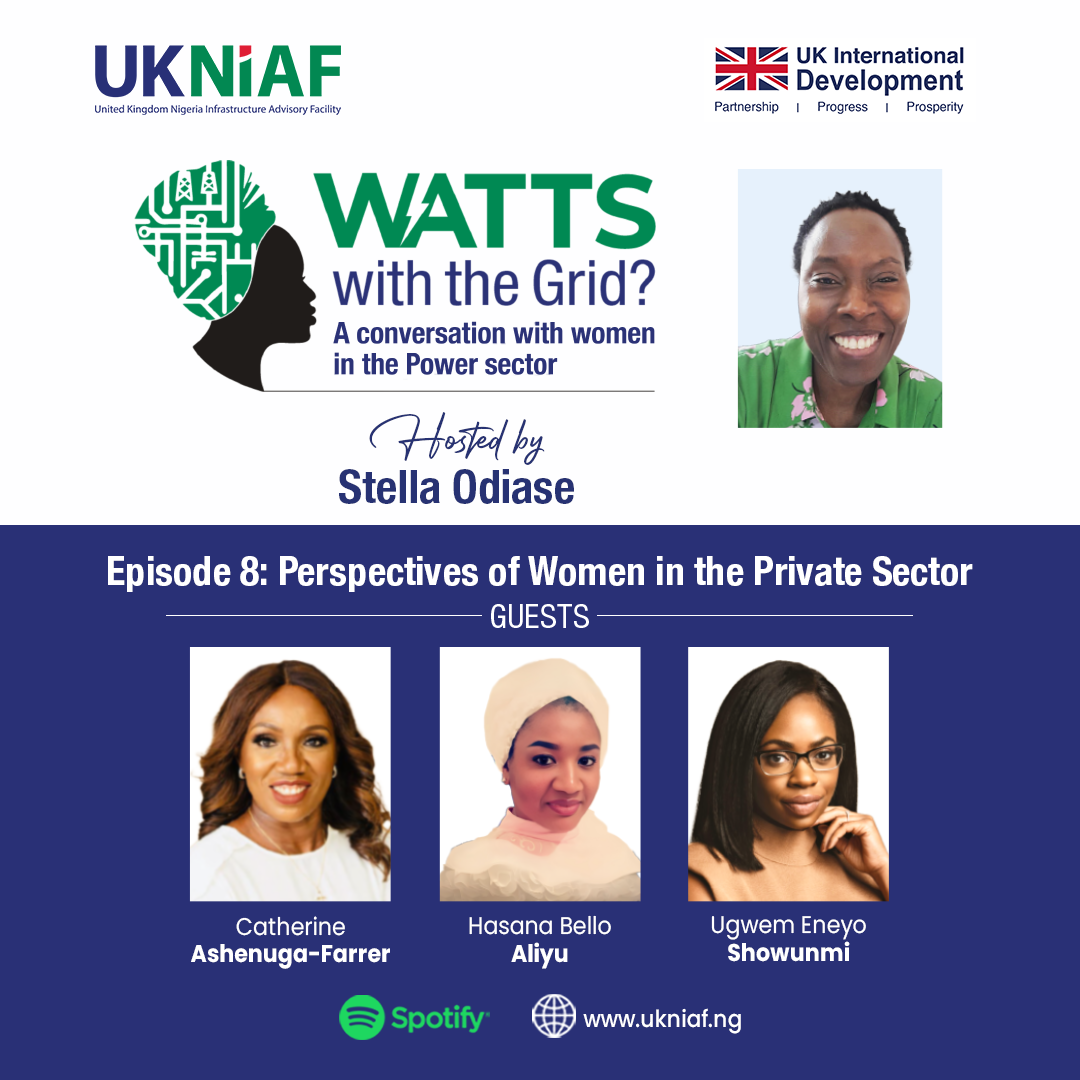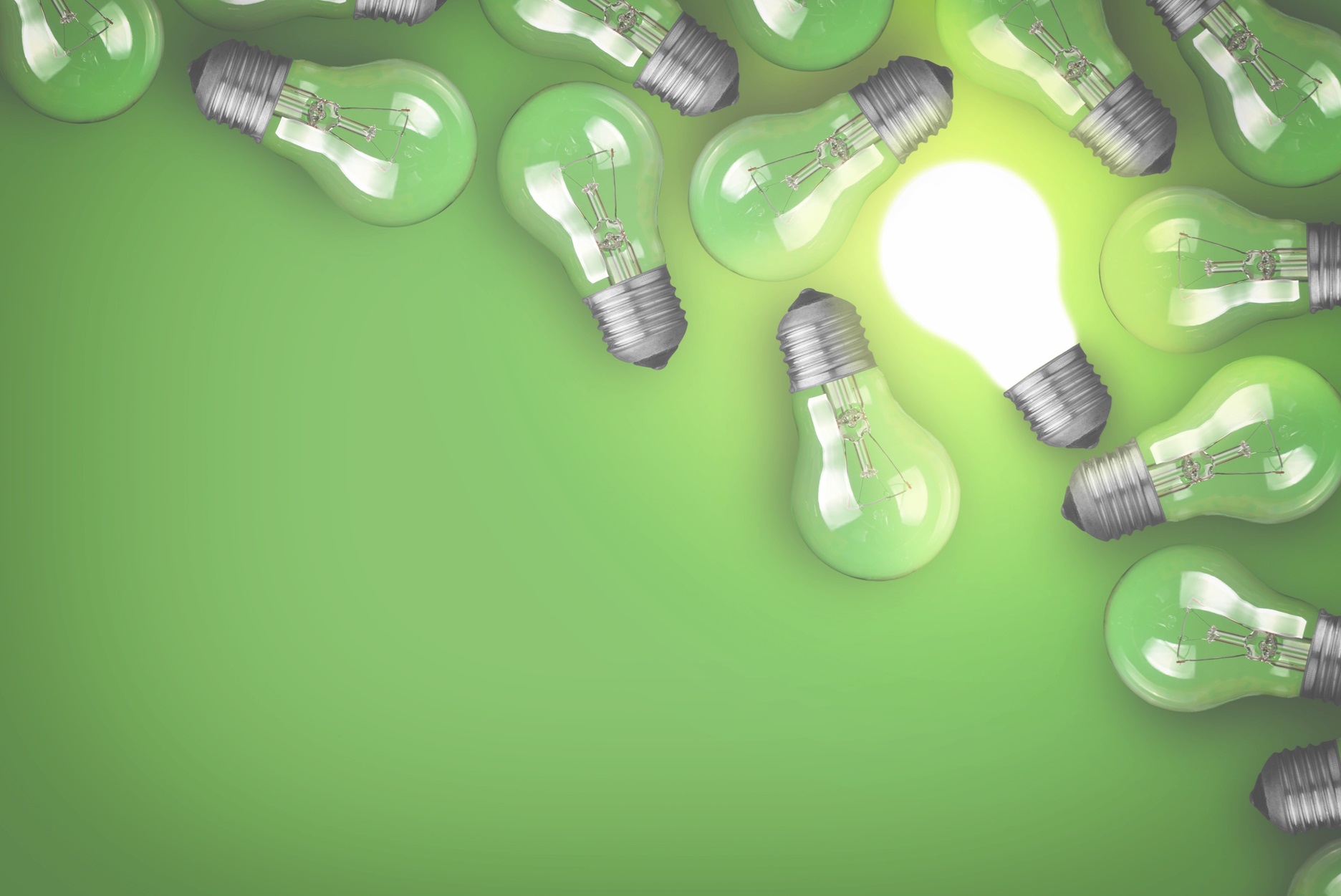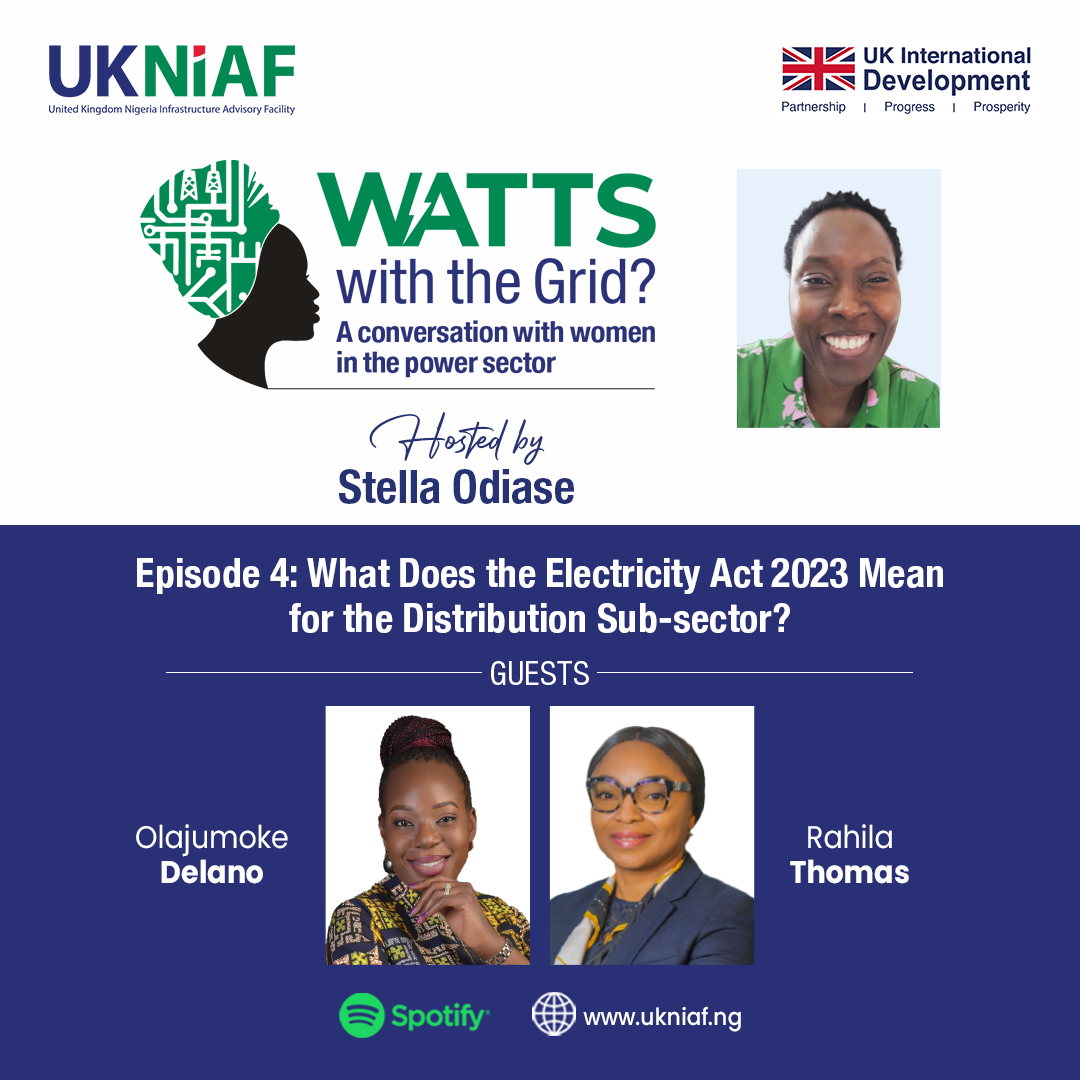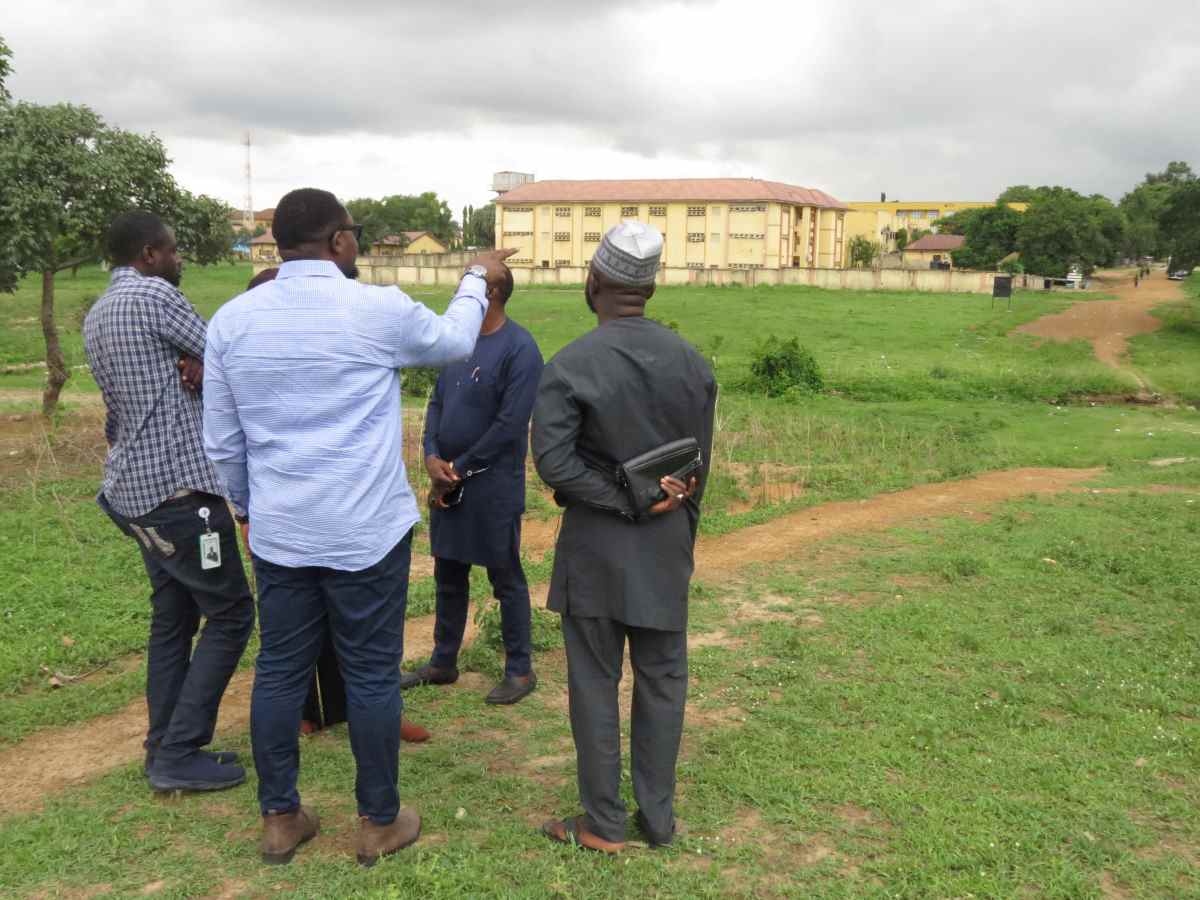Usually, when you buy something to use, you know how much you are buying, and so you know how much to pay. But what if you don’t know how much you have used? Then how do you know how much to pay? This is the situation in which many Nigerian electricity users find themselves.
There is a huge metering gap in Nigeria. A lack of meters to measure how much electricity customers use. This has resulted in an estimated billing system for unmetered users. The impact of this on the Nigerian power sector results in technical and commercial losses as well as energy theft. And all of this together contributes to increased carbon emissions in Nigeria’s energy sector.
As part of efforts to address these issues, the Central Bank of Nigeria (CBN) introduced the 3-phase National Mass Metering Program (NMMP) to install 6.5 million meters by the end of 2023. The first phase (1 million meters) of the NMMP is currently underway and has cost CBN approximately N35 billion for 650,000 meters. Approximately 520,000 of these have been delivered to the 11 DisCos, and at the end of May 2021, about 210,000 have been installed.
UKNIAF’s Contribution to the NMMP
UKNIAF supports the NMMP by collaborating with the National Electricity Regulatory Commission (NERC), the CBN and other energy donor partners. We are supporting the further deployment of smart meters through the national meter rollout, as this will improve grid efficiency and climate resilience in the energy sector. We are assisting in the establishment of a project monitoring unit comprised of technical experts to provide the required project planning, installation, and monitoring support. The UKNIAF established project management unit will also oversee the deployment of these meters.
Climate-friendly Considerations
UKNIAF’s climate-focused pivot assists the agencies we work with to consider and adopt climate-smart tools, approaches and technologies while planning and delivering infrastructure in Nigeria. This is the thinking behind our climate-smart support for the NMMP.
We are also working to facilitate collating the socioeconomic datasets of NMMP beneficiaries, using them to overlay the database at the regulatory level, focused on supporting the emergence of data-driven responses to energy efficiency gaps and GHG emissions mitigation.
In conclusion…
The NMMP promises a number of benefits to Nigerians, 6.5 million meters by 2023, climate-friendly benefits with the contribution to the reduction of GHG emissions and last but not least, an expansion of the local meter manufacturing sector, creating more job opportunities, and thus supporting Nigeria’s economic recovery.














